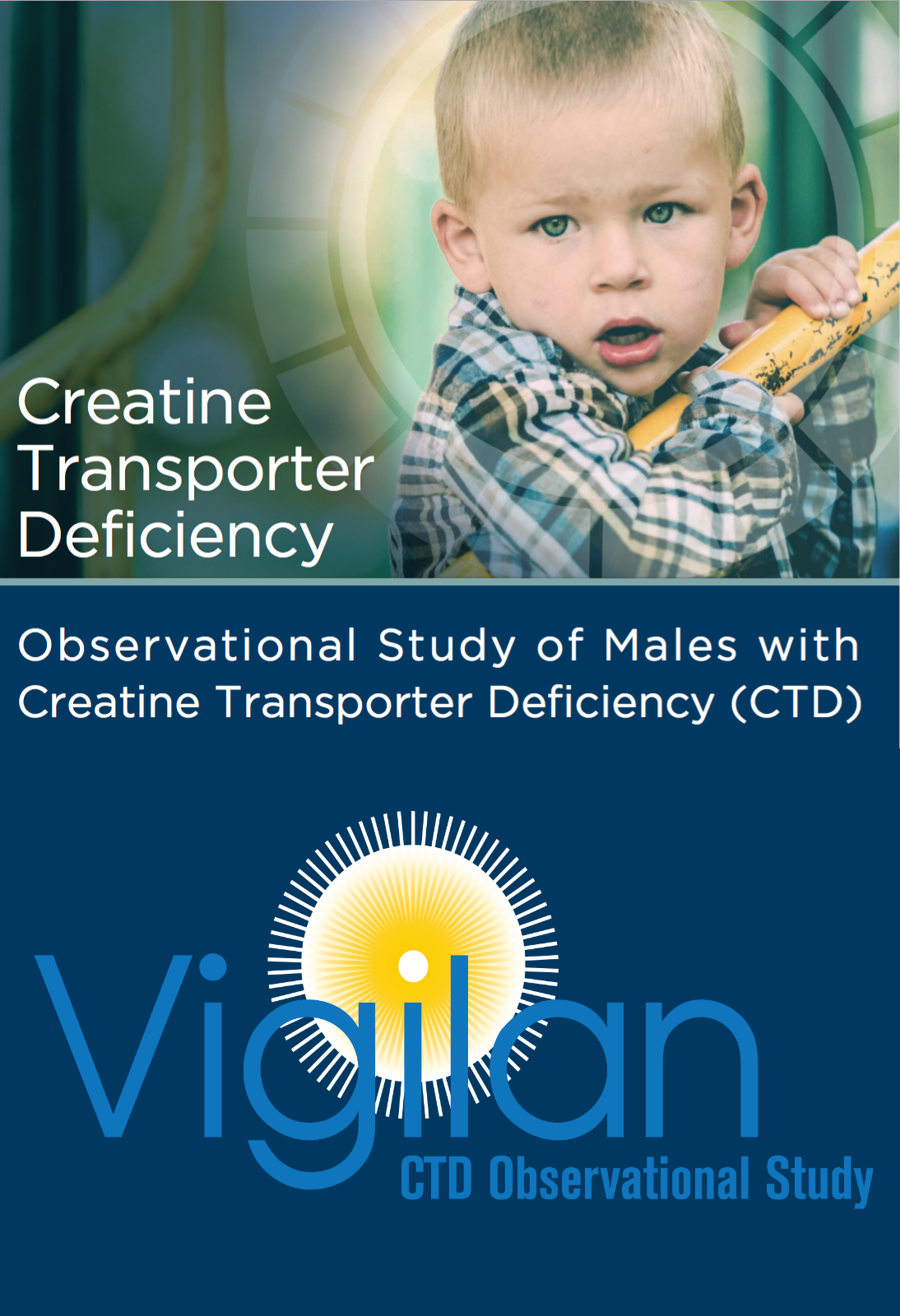Two new Vigilan sites open at Duke and Rush
Duke University Medical Center in Durham, North Carolina and Rush University Medical Center in Chicago, Illinois are now recruiting individuals to participate in a two-year prospective observational study of males with Creatine Transporter Deficiency (CTD), named the Vigilan Study.
Dwight Koerberl, MD, PhD is the principal investigator (PI) at Duke University, and Elizabeth Berry-Kravis, MD, PhD is the principal investigator (PI) at Rush University.
Males with CTD will be screened at university clinics. Once enrolled in the study, participants will undergo a series of age-appropriate tests of physical and intellectual abilities. Follow-up testing will occur every 6 months. In addition, parents or caregivers will be contacted every 2 months so researchers can keep track of any changes in the participant’s health and behavior. Please see Clinicaltrial.gov listing to learn more about the study, as well as other open study locations at Children’s Hospital of Philadelphia (CHOP) Philadelphia, PA and the National Institutes of Health (NIH)-Bethesda, MD . https://clinicaltrials.gov/ct2/show/NCT02931682.
Creatine Transporter Deficiency (CTD) is one of three rare human genetic disorders of creatine biosynthesis and transport, all of which cause cerebral creatine deficiency syndromes. Initially described in 2001, it is thought to be the second most common cause of X-linked intellectual disability and developmental delay after Fragile X Syndrome. The inability to transport creatine into brain cells can lead to intellectual disability, developmental delay, severe language deficits, autistic behaviors, and seizures. CTD is likely under diagnosed. Currently, there are no approved treatments for CTD.


